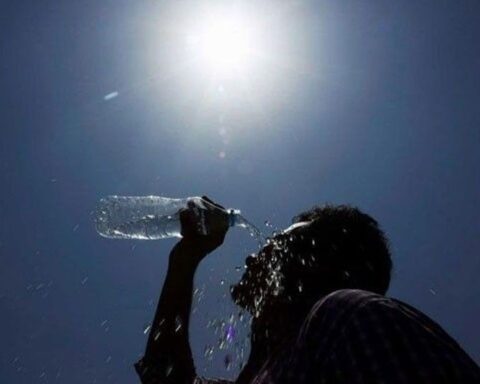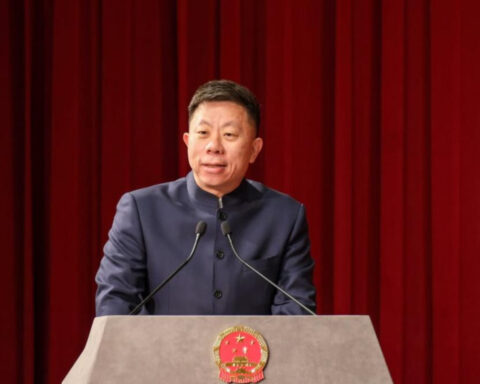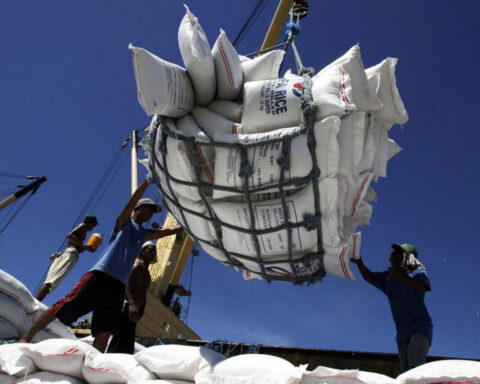July 3, 2023, marked the hottest day ever recorded globally, with the average temperature reaching 17.01C (62.62F), surpassing the previous record set in 2016.
Heatwaves have been scorching regions worldwide, including the southern United States, China, North Africa, the Middle East, and even Antarctica.
Experts link the heat dome in the US and the ongoing heatwave in China to the human-caused climate crisis, leading to health risks, crop losses, and the spread of diseases. Scientists warn of dire consequences for people and ecosystems.
In the Philippines, the government is implementing measures such as campaigns promoting water and energy conservation, reactivating a task force to cushion the impact of El Niño, and the use of renewable energy, among others. Moreover, The Department of Agriculture is also implementing strategies such as constructing water-related infrastructure to minimize the impact on the agricultural and fisheries sectors.
The UN has declared the arrival of El Niño, which intensifies climate heating and poses a significant threat to lives. El Niño, characterized by warming Pacific Ocean temperatures, triggers extreme weather events like cyclones, heavy rainfall, and droughts.
The last major El Niño occurred in 2016, the hottest year on record until now.
The World Meteorological Organization predicts that the 2016 record could soon be surpassed due to El Niño and human-induced global warming, leading to soaring temperatures and increased viral diseases such as dengue and Zika.
El Niño disrupts wind patterns, pushing warm water eastward and raising ocean surface temperatures. It occurs every two to seven years, impacting regions globally. In the past, it has caused severe droughts in Australia, Indonesia, Asia, and Central and South America.
The World Health Organization is preparing for the potential spread of infectious diseases due to El Niño’s elevated temperatures.
The urgency to address the climate crisis is highlighted, urging governments to phase out fossil fuels and embrace renewable energy.
The extraction and use of coal, oil, and gas are considered incompatible with a healthy climate future and detrimental to human health.
As temperatures rise and extreme weather events become more frequent, prioritizing climate action becomes crucial to mitigate the devastating consequences.
Source: PhilNews24 | July 5, 2023








